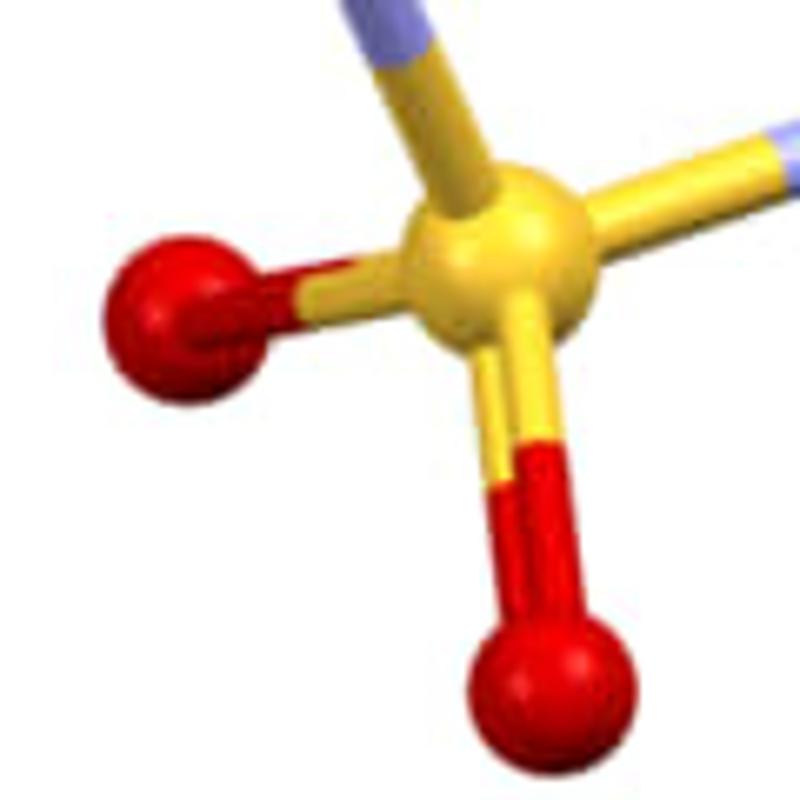-
Categories
-
Pharmaceutical Intermediates
-
Active Pharmaceutical Ingredients
-
Food Additives
- Industrial Coatings
- Agrochemicals
- Dyes and Pigments
- Surfactant
- Flavors and Fragrances
- Chemical Reagents
- Catalyst and Auxiliary
- Natural Products
- Inorganic Chemistry
-
Organic Chemistry
-
Biochemical Engineering
- Analytical Chemistry
-
Cosmetic Ingredient
- Water Treatment Chemical
-
Pharmaceutical Intermediates
Promotion
ECHEMI Mall
Wholesale
Weekly Price
Exhibition
News
-
Trade Service
Bismuth sodium tartrate, also known as bismuth tartrate, is a chemical compound that is used in various industrial processes.
This article will discuss the instruction of bismuth sodium tartrate in the chemical industry.
Introduction:
Bismuth sodium tartrate, with the chemical formula of Na2Bi2O7 • 2H2O, is a white or off-white, crystalline solid.
It is highly soluble in water and has a strong, unpleasant odor.
Bismuth sodium tartrate is used in the chemical industry as a catalyst, precipitant, and flocculant.
It is also used as a reducing agent and in the production of bismuth alloys.
Instruction in Chemical Industry:
Bismuth sodium tartrate is used in the chemical industry to catalyze various reactions.
In the production of PVC (polyvinyl chloride), bismuth sodium tartrate is used as a catalyst to speed up the polymerization process.
It is also used in the production of polyurethanes, where it acts as a catalyst and a stabilizer.
In the production of dyes and pigments, bismuth sodium tartrate is used as a precipitant.
It is added to the solution containing the dye or pigment, causing the desired compound to precipitate out of solution.
This process is commonly used in the production of lake dyes, where the bismuth sodium tartrate precipitates out the desired compound, creating a lake effect.
Furthermore, bismuth sodium tartrate is used as a flocculant in water treatment processes.
It is added to the water to form flocs, which are larger particles that can be easily separated from the water.
This process is commonly used in the treatment of sewage and industrial wastewater.
Bismuth sodium tartrate is also used as a reducing agent in the chemical industry.
It is used to reduce other compounds to their metal or metalloid forms.
For example, it is used to reduce tin(IV) chloride to tin(II) chloride.
In the production of bismuth alloys, bismuth sodium tartrate is used as a precipitant.
It is added to a solution containing bismuth nitrate and sodium hydroxide, causing bismuth oxide to precipitate out of solution.
This process is used to produce bismuth-based alloys that are used in various industrial applications.
Preparation:
Bismuth sodium tartrate can be prepared by a variety of methods, including the following:
- Neutralization: Bismuth nitrate and sodium hydroxide are mixed, and the reaction produces bismuth sodium tartrate.
- Precipitation: A solution of bismuth nitrate is mixed with sodium carbonate, and the mixture is then treated with hydrochloric acid.
This produces bismuth sodium tartrate, which is then filtered and washed. - Direct Synthesis: Bismuth oxide and sodium tartrate are heated, forming bismuth sodium tartrate.
Uses:
Bismuth sodium tartrate has a wide range of uses in the chemical industry.
It is used as a catalyst, precipitant, flocculant, reducing agent, and in the production of bismuth alloys.
Its unique properties make it an essential component in various industrial processes.
Conclusion:
Bismuth sodium tartrate is an important chemical compound in the chemical industry.
It has a wide range of uses, including as a catalyst, precipitant, flocculant, reducing agent, and in the production of bismuth alloys.
Its use in various industrial processes demonstrates its versatility and value in industrial applications.







